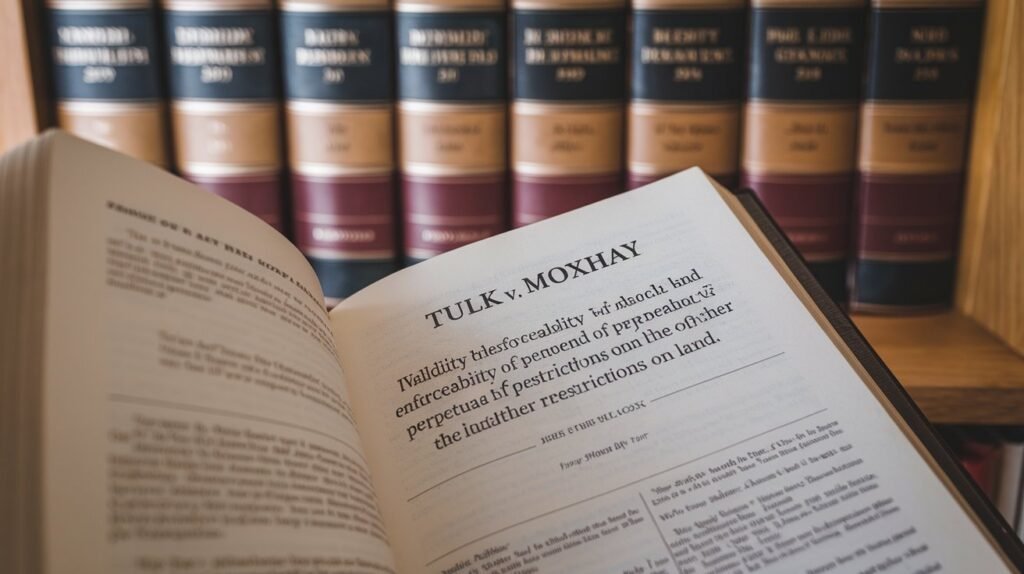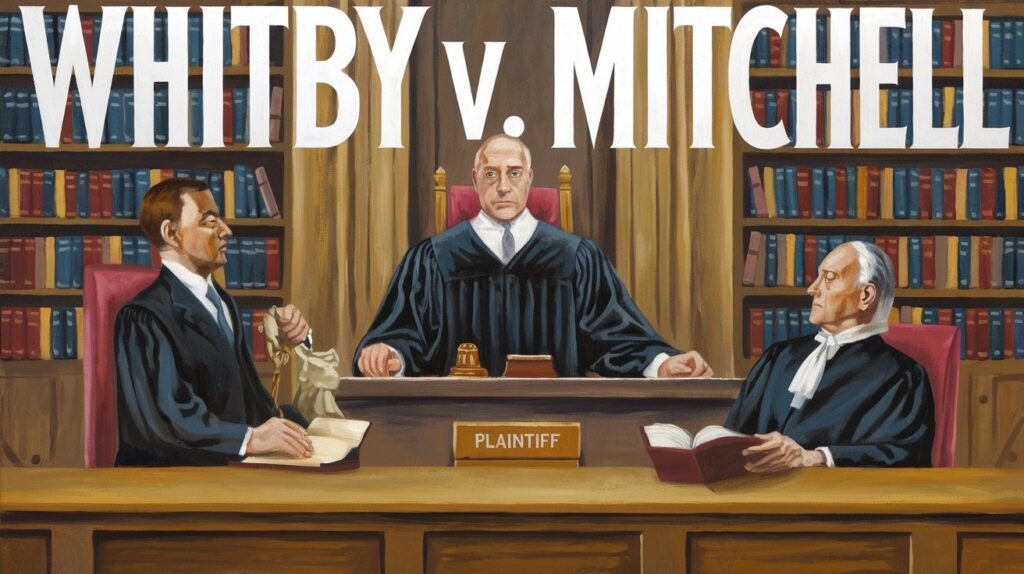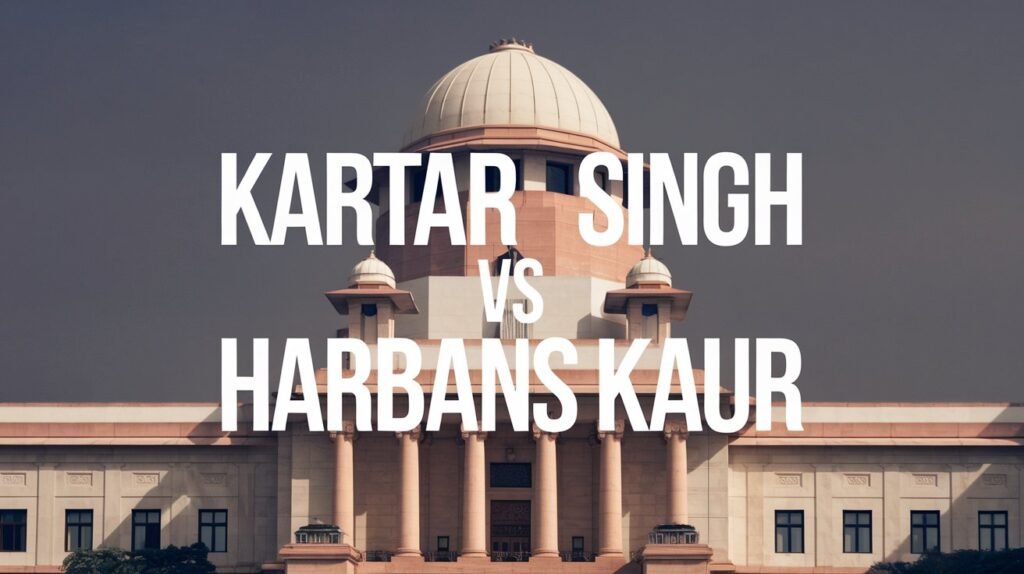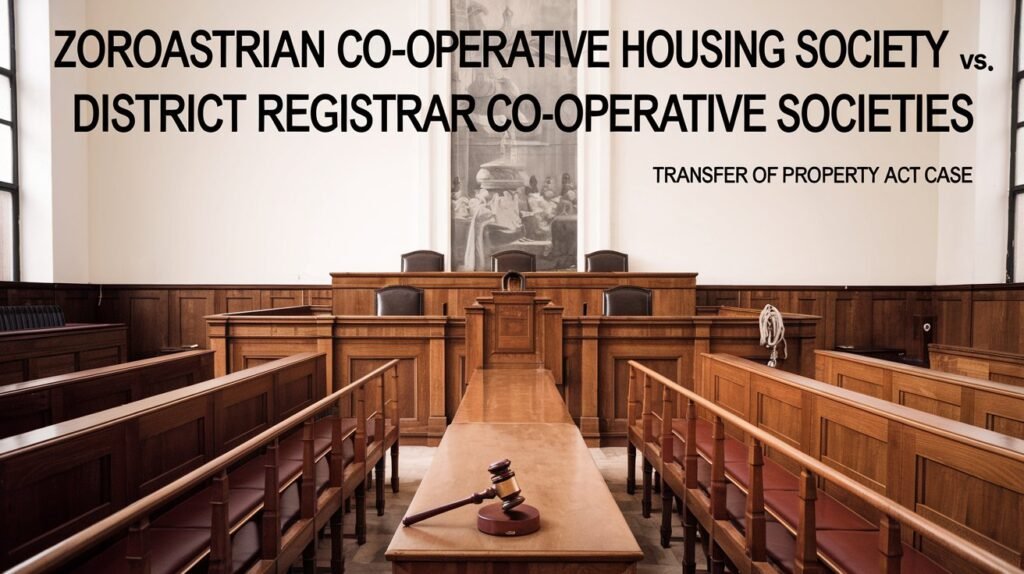Zoroastrian Co-Operative Housing Society vs. District Registrar Co-Operative Societies (Case Summary)
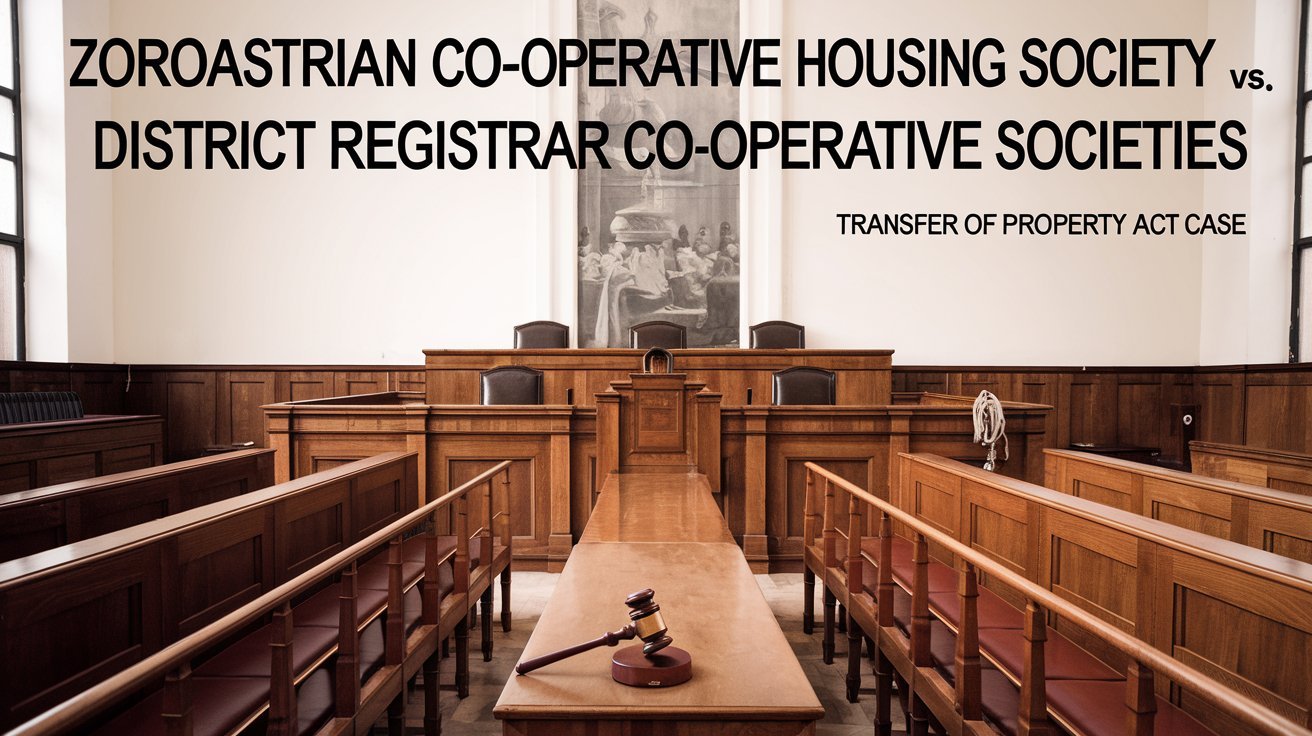
In this landmark case, the Supreme Court of India addressed the contentious issue of membership restrictions within co-operative societies, particularly focusing on the Zoroastrian Co-operative Housing Society’s right to limit its membership to the Parsi community. This case underscores the delicate balance between individual rights to form associations and the legal frameworks governing property transfer and co-operative societies. The court analysed whether a restraint on transfer of property to anyone outside a particular community comes under the ambit of absolute restraint under section 10 of the Transfer of Property Act.
Table of Contents
ToggleFacts of Zoroastrian Co-Operative Housing Society vs. District Registrar Co-Operative Societies
- The Zoroastrian Co-operative Housing Society was formed to provide housing exclusively for members of the Parsi community.
- The Society challenged this decision and went to the Hon’ble Gujarat High Court, arguing that the restriction that restrained any transfer of property/membership of the housing society was valid under the Cooperative Societies Act and its bye-law
- The society went to the Board of Nominees against the builder but the board refused to grant relief stating that the Society could not restrict membership solely to Parsis.
- Respondent 2 who was a member of the housing society sought to transfer property to a non-Parsi builder, which the Society opposed, citing its bye-laws that property can only be sold to a Parsi.
Issues framed
Whether the bye-law restricting membership to the Parsi community is valid under the Cooperative Societies Act.
Whether such a restriction violates the principles of public policy and the section 10 of the Transfer of Property Act.
Judgment of Zoroastrian Co-Operative Housing Society vs. District Registrar Co-Operative Societies
Subordinate Court Judgment The Gujarat High Court upheld the Board of Nominees’ decision, stating that the restriction on membership was an unfair limitation and contrary to the right to property under Section 10 of the Transfer of Property Act. The court categorized this kind of restraint as an absolute restraint under the ambit of Section 10 of Transfer of Property Act that allowed transfer to Non-Parsi persons.
Judgment of the Present Case The judgment primarily involved the interpretation of the Gujarat Cooperative Societies Act, 1961, and the Transfer of Property Act, 1882.The Court examined the balance between the right to form associations and the legal implications of property transfer restrictions under Section 10 of the Transfer of Property Act.
The Supreme Court overturned the judgment of the High Court and ruled that the bye-law restricting membership to the Parsi community was not inherently opposed to public policy. The judgment clarified that the restriction on membership did not constitute an absolute restraint on alienation, under Section 10 of the Transfer of Property Act.


